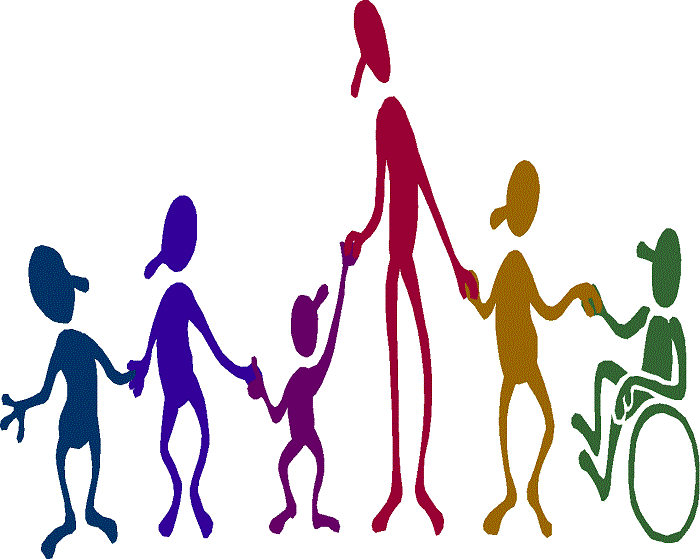Essay on Models of Disability
Today, diverse models of disabilities develop different concepts of disabilities and, therefore, offer different policies in relation to people with disabilities. In spite of the diversity of models and different approaches to disability, which they offer, there is no universal model that would take into consideration special needs of each patient with disabilities.
Medical model of disability is grounded on the juxtaposition between normalcy and pathology. Patients with disabilities are treated as individuals with pathology, who have special needs and require treatment. Unlike other models, the Medical model focuses on the physical or mental health condition of individuals and deviations from the norm to a certain extent is disability. Therefore, individuals with disabilities are supposed to be treated with relation to their specific health problem (Hamre, et al., 2006). Unlike other models, the Medical model does not take into consideration social factors that influence patients with disabilities. For example, the social environment of people with disabilities does not matter for the Medical model. Therefore, the Medical model suggest no assistance to patients in terms of the maintenance of their social relations and their integration into their community. Therefore, the Medical model focuses on the maintenance of the health of patients with disabilities minimizing the effect of disabilities on health of patients but not on their social life.
Social Constructivist model holds the premise that the concept of disability is a social construct that means that disability is what makes individuals incapable to perform basic functions, which the individual is supposed to perform, according to existing social norms and beliefs (Bayton, 2001). The main idea of the Social Constructivist model is the creation of the social environment that is comfortable for people with disabilities. Unlike the Medical model, which focuses on health issues only, the Social Constructivist model focuses on social issues mainly and aims at helping people with disabilities to integrate into their social environment and be a part of their community.
Sociopolitical or minority model views patients with disabilities as minority and their distinct feature is disability. As a result, unlike other models, the Sociopolitical model views all individuals with disabilities, regardless of their cultural or social background, as one social group, where people have a set of health problems, social problems and other issues caused by their disability status (Biklen, 1988). Therefore, unlike the Medical model and Social Constructivist model, the Sociopolitical model focuses on the treatment of people with disabilities as a solid social group focusing on their specific social and health problems. In a way, the Sociopolitical model combines elements of both Social Constructivist and Medical model addressing both social and health issues of patients with disabilities.
At the same time, along with the aforementioned differences, there are certain similarities between the three models mentioned above. These similarities uncover the imperfectness of these models in their understanding of disability and distinction of people with disabilities. In fact, the aforementioned models view patients with disabilities as a social group with certain health or social issues, which they confront. However, the problem is that these models fail to take into consideration the diversity of patients with disabilities. Each patient with disability has special needs. Even though each model recognizes those special needs, they do not offer the personalized approach to each patient with disability. Instead, they focus on their treatment as a distinct social group with certain health or social issues.
Do you like this essay?
Our writers can write a paper like this for you!



